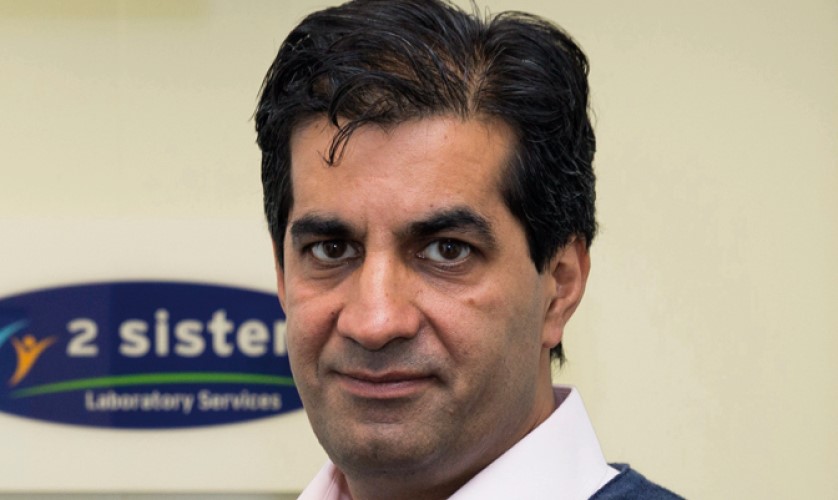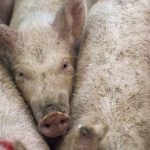2 Sisters boss warns of “less choice and higher prices” for consumers
Ranjit Singh Boparan, founder of 2 Sisters Food Group said “rampant inflation” combined with the continuing lack of labour will ultimately result in higher food prices.

According to Boparan, British shoppers today are facing a ‘Great Food Reset’ with less choice and higher prices. Boparan said: “The days when you could feed a family of four with a £3 chicken are coming to an end. We need transparent, honest pricing. This is a reset and we need to spell out what this will mean.
“Food is too cheap, there’s no point avoiding the issue. In relative terms, a chicken today is cheaper to buy than it was 20 years ago. How can it be right that a whole chicken costs less than a pint of beer? You’re looking at a different world from now on where the shopper pays more.”
He went on to say that it was vital the food industry was “honest about the long-term implications” of inflation and the ongoing labour shortages. He said: “Less labour means less choice, core ranges, empty shelves and wage inflation, and this isn’t going to change. We need to work with our supply chains and customers to solve these issues, but it will come at a cost.
“At the same time, I need to invest, increase automation and make our factories more welcoming for new recruits, which are longer-term goals. But right now I need to be honest about what this means for the consumer as inflation could reach double digits.”
Boparan outlined the inflationary challenges throughout the supply chain, from ‘farm to fork’:
- In agriculture, feed costs are up 15%. Commodities such as diet supplements, wood shavings for litter, disinfectants and veterinary costs have risen around 20%. Additionally, wages have risen 15% in a year
- In transport, the HGV driver shortage has sparked wage inflation in the transport sector. Fuel costs are now at their highest rate since 2013
- In Energy – the business’s 600 farms and 16 factories, employing 18,000, are facing soaring energy commodity costs, up 450-550% from last year
- In CO2, critical in the processing of poultry and for packaging, the price of CO2 has risen 4-500% in the past three weeks. Despite the government deal to ensure supplies are maintained, costs have “spiralled to levels never seen before”
- In packaging, the cost of food packaging, such as cardboard items and aluminium foil, have risen by 20% in the last six months.
Boparan added: “Inflation is decaying the food sector’s supply chain infrastructure and its ability to operate as normal. That’s from farm to your plate. There’s hundreds of farmers out there struggling, and they need our support just as much as anyone. Talk of ‘year zero’ might sound dramatic, but these are the facts: we really have to start thinking differently about what our food priorities are and what they cost.”

 Additional butchers visas confirmed by government to assist pigmeat sector
Additional butchers visas confirmed by government to assist pigmeat sector Meat industry reacts to EU NI Protocol proposals
Meat industry reacts to EU NI Protocol proposals
